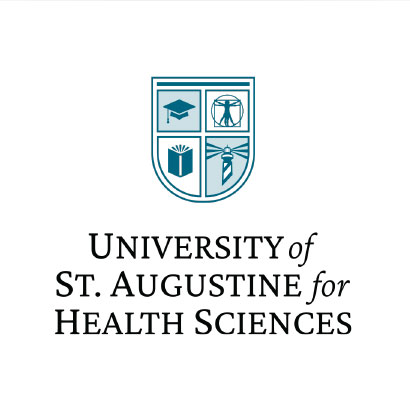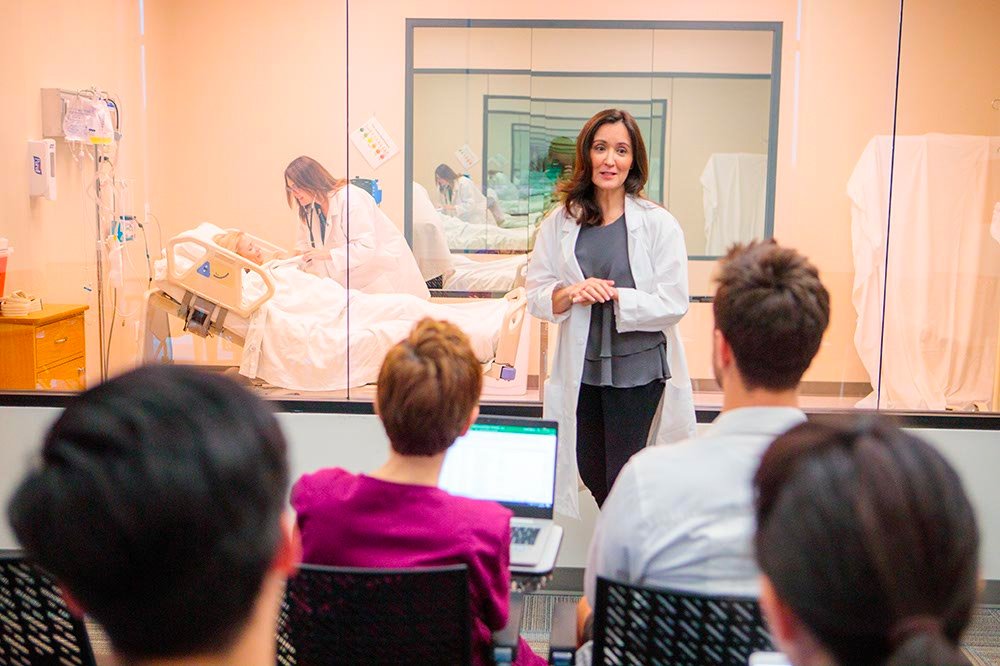

Alumni spotlight: DNP Alum Propels Innovation in Healthcare
With her philosophy of “Encourage the heart, lead by example and inspire a shared vision to maintain the highest standards,” Jessica Hovland, DNP, RN, CPAN, NE-BC, PMGT-BC (DNP ’20) is taking her innovation and leadership learnings and putting them to practice. Dr. Hovland graduated from the University of St. Augustine for Health Sciences with a













